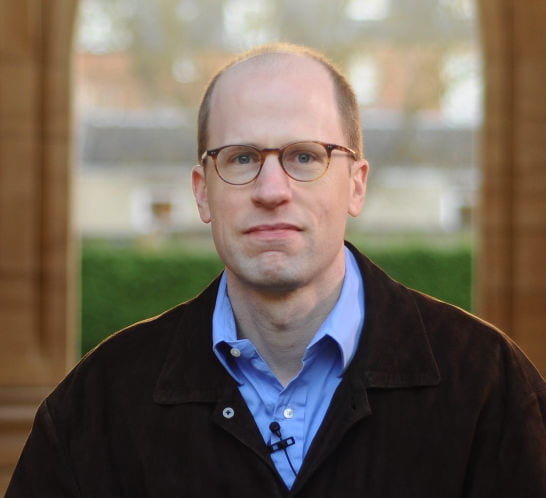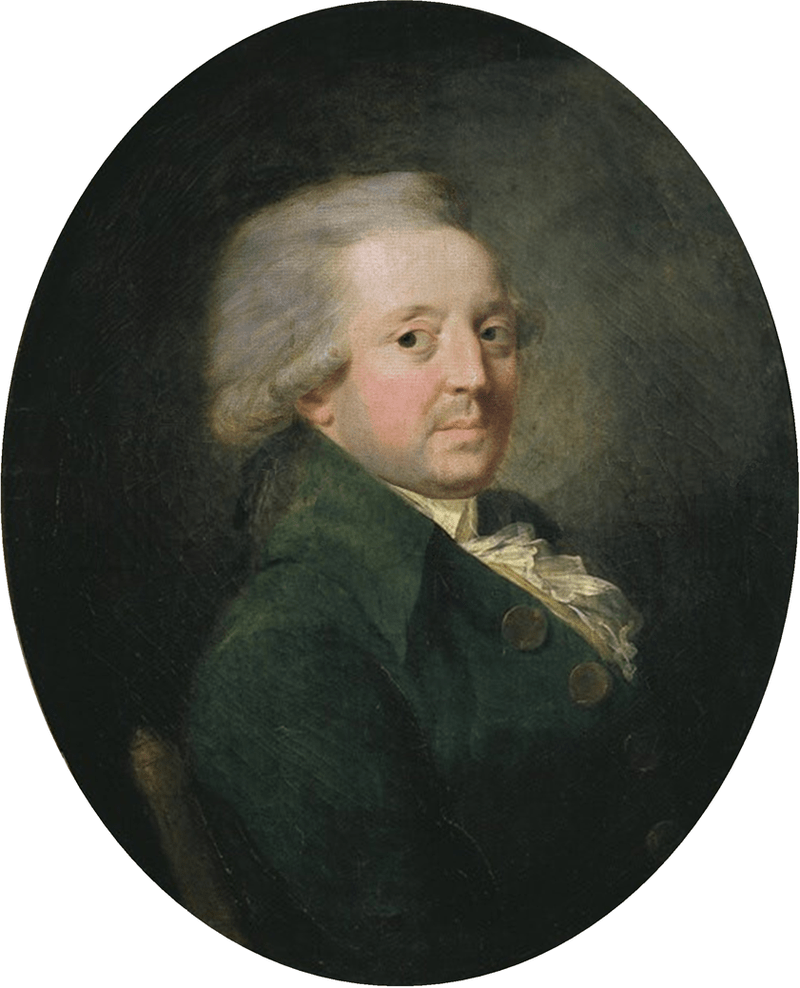by guest contributor Zoltán Boldizsár Simon
In the first decades of the new century, transhumanism aims at delivering the old Enlightenment promise. There can be little doubt that the aspiration to enhance (and even transcend) the capacities of the human being is an endeavor continuous with the Enlightenment ideal of human perfectibility. At least, this is the narrative that transhumanist themselves like to deploy in arguing for the feasibility and socio-cultural desirability of their views.
Although leading transhumanist thinkers hardly invoke the doctrine of the perfectibility of man as per Condorcet and others in explicit terms, they certainly tend to legitimize their views by outlining the respectable historical inheritance of the Enlightenment they wish to carry forward. This is how Nick Bostrom – the probably most celebrated transhumanist philosopher today – binds postwar and twenty-first century transhumanist ambitions (while being more ambivalent toward interwar ones) to certain eighteenth century visions of the progress of humankind when he claims in a historical sketch that transhumanism is rooted in Enlightenment rational humanism. Identifying such roots, however, does not compel anybody to accept the entire Enlightenment paradigm. The appeal of transhumanism based on the historical reasoning of its advocates is precisely that it comes as a better version of the Enlightenment, stripped off of the conceptual shortcomings of the latter. Accordingly, in the argument of Max More – another prominent transhumanist – the insistence upon progress in transhumanist thought prevails without the support of determinism and inevitability which the Enlightenment gave to all forms of progress.
All this adds up to what I would like to call the promise of a technological Enlightenment, that is, the promise of achieving by means of technology what the Enlightenment failed to deliver otherwise: the betterment of the human condition. But does this seem persuasive enough? Is the autobiography of transhumanism the most reliable tool and source of trying to understand transhumanism as a socio-cultural phenomena of rapidly growing significance? Probably not. Accordingly, it seems to me that the promise of transhumanism is something other than what transhumanists themselves claim. There certainly is a transhumanist promise, and that promise is definitely technological, but it has not much to do with the Enlightenment and not much to do with history.
In order to see why it is better to understand transhumanism as a technological promise of its own right and not as the promise of a technological Enlightenment what it aspires to be, the first thing to consider is the Enlightenment promise itself which transhumanism appropriates as its legitimizing narrative. That promise is advancement in the human condition that presupposes a belief in the perfectibility of human beings, which, in my understanding, is expected in turn to play out not on the individual but the collective level of humanity. Hence the idea of the perfectibility of human beings (whether consciously held or tacitly presupposed) necessitated a corresponding belief in the perfectibility of human societies. Reading Kant on universal history or Condorcet on the progress of the human mind equally makes clear that, for Enlightenment thinkers, human betterment can be achieved through the betterment of political constitution which eventually encapsulates the entirety of humanity.
What seems to be even more important is that the betterment of the human condition was supposed to play out both within and precisely as history. For the greatest invention of the Enlightenment was nothing other than the idea of history, the movement and mechanism of human affairs, the idea of the historical process that conceptualizes change over time in the human constitution. In history, humanity could be supposed to fulfill its already assumed potential – a potential that must have been assumed in order to able to be gradually changed for the better. The most striking aspect of the way in which the concept of history configured change was that change as betterment now concerned the very mundane world of human beings. It was against the backdrop of the kind of change entailed in the Christian worldview that the Enlightenment invented modern notions of historical process and progress. Whereas the Christian view held out the promise of a City of God apart from an earthly, compromised one, the Enlightenment promised the fulfillment of the historical process as the processual betterment of the human world.
Now, how does the promise of transhumanism relate to this Enlightenment promise? For it is one thing that transhumanism describes itself retrospectively as a better version of the promise of human betterment, making use of the most conventional historical narrative as a strategy to legitimize itself as a technological Enlightenment. But once you shift perspective and consider how transhumanism describes its prospective aims, the historical narrative about carrying forward an inheritance begins to look rather implausible. Indeed, what transhumanists explicitly wish to achieve in the future looks drastically different from visions offered by the Enlightenment.
The twofold definition of transhumanism in the Transhumanist FAQ wonderfully captures the contradiction between the retrospective historical narrative and the prospective aims. On the one hand, the first definition claims that transhumanism is “the intellectual and cultural movement that affirms the possibility and desirability of fundamentally improving the human condition through applied reason, especially by developing and making widely available technologies to eliminate aging and to greatly enhance human intellectual, physical, and psychological capacities.” This definition clearly appeals to the inheritance of the Enlightenment that transhumanism merely “affirms” and carries out via technological means. On the other hand, according to the second definition, transhumanism is “the study of the ramifications, promises, and potential dangers of technologies that will enable us to overcome fundamental human limitations, and the related study of the ethical matters involved in developing and using such technologies” (author’s emphasis).
Even though the second definition evidently refers only to the study of a cultural movement which also features in the first definition, the difference between the two descriptions of the potential of technology is striking. Whereas the first definition falls in accordance with its claimed Enlightenment inheritance insofar as it promises improvement upon what human beings are (and have always been), the second definition vests technology with the capacity of being a precise means of escape the confines what being human means.
Simply put, it is not the betterment ‘of’ the human condition what transhumanism desires, but the creation of something better ‘than’ the human condition as we know it. Where the Enlightenment assumed the malleability of human beings and human capacities, transhumanism instead presupposes that, whatever the human being and human capacities may be, technology can transcend them. Whereas the Enlightenment promised the unfolding of an already assumed human potential, transhumanism wishes to surpass what we think is humanly possible. Finally, if the Enlightenment thought that human perfectibility plays out as the course of history in a scenario of procedural and developmental change, transhumanism aims at introducing changes that are not merely stages of a historical development but potentially displaces the entire schema of history itself.
The change that transhumanism wishes to introduce is what I came to call elsewhere the prospect of unprecedented change. By this I mean a wider category that encompasses emerging postwar visions of the future of Western societies on a structural level, exhibiting a temporality other than the developmental one that the Enlightenment brought about. Instead of expecting the fulfillment of a process, the prospect of unprecedented change is conceived of as the sudden emergence of an epochal event defying any preceding states of affairs. Although first I introduced the term in relation to the notion of the Anthropocene and to the ecological vision it harbors, it is technology that has already transformed Western historical sensibility (with the prospect of unprecedented change promised at the time of the institutionalization of AI research in the early postwar years). Seen within this broader framework of postwar future visions, transhumanism is far from being a new chapter in the Enlightenment story of human betterment, that is, the story of history itself. Transhumanism rather proves itself to be one of the most relentless contemporary cultural practices, and one posing perhaps the most serious challenge to the very historical thinking which it employs as a legitimizing strategy.
To conclude, the point I would like to make is this: the technological promise of transhumanism is not a continuation of the Enlightenment story of history itself (the process of human betterment), but an alternative to history as Western thought essentially construes it. Transhumanism harbors a certain configuration of change over time as unprecedented, challenging the processual and developmental configuration of change over time that configures conventional understandings of history. And this, I believe, is something that both transhumanists and historians need to come to terms with and openly debate.
Zoltán Boldizsár Simon is a doctoral research associate at Bielefeld University. You can find Zoltán on Twitter and his work on Academia.edu.





Leave a Reply